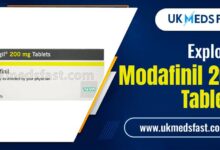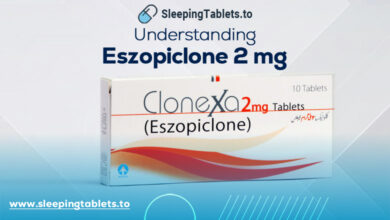
Managing Fecal Incontinence
Fecal incontinence is a very difficult subject to talk about with anyone except for your most trusted family and friends or your physician. There is a certain stigma attached to this chronic illness that can be just as uncomfortable to discuss as it is to endure. Yet, it affects over 5.5 million people in the United States alone.
Luckily, there are new tools and treatments on the market today that can help patients who are managing fecal incontinence.
Let’s look at what you can expect during an exam and how it can be effectively managed.
Table of Contents
What Happens During a Fecal Incontinence Exam?
Going into a fecal incontinence exam, it’s essential to know what to expect to mentally and physically prepare. You must remain calm and understand every part of what is happening. It is also helpful to know the possible ramifications of the exam results ahead of time so that you may be able to prepare for those.
Some things that may happen during a fecal incontinence exam include the following.
Colonoscopy
The most well-known method of identifying bowel issues, a colonoscopy, involves the insertion of a tube into your rectum to inspect the entire bowel system with a camera.
Balloon Expulsion Test
A balloon is inserted into the rectum and filled with water. You will then be asked to go to the bathroom and try to pass the balloon naturally. This test allows the physician to judge the strength of your sphincter muscles.
Digital Rectal Exam
While this may sound high-tech, it is the most basic form of an anal exam. The doctor will insert a gloved and lubricated finger (or “digit”) into the anal cavity to detect abnormalities near the end of the digestive tract.
There are several other more sophisticated and specialized methods of exam for diagnosis of the root of fecal incontinence. These are simply the most common.
What Kind of Treatments Should I Expect?
Depending upon your final diagnosis, the answer to this question can vary widely. Several different lifestyle changes and OTC products can be used, but there is also a new state-of-the-art fecal management system on the market that you can speak with your doctor about.
Dietary Changes
Many forms of bowel incontinence can be effectively managed by implementing dietary changes. The addition of extra fiber to your diet, the exclusion of dairy, or a variety of other changes can be made. An “exclusion diet” to narrow down the specific allergy or intolerance can be helpful.
Over-the-Counter Supplements
Using psyllium powder supplements or bismuth doses are both popular ways of managing incontinence. Some sufferers at a mild level may also opt for simple laxatives or stool softeners.
Prescription Devices
There are also some impressive new fecal management systems on the market that can help someone who suffers from incontinence to relieve themselves comfortably. A doctor must prescribe these, but they have proven to be an effective method.
Be Careful With Your Health
If you deal with any form of bowel incontinence, take a deeper look into possible treatments or management systems and consult with your physician. This article is not meant to diagnose or officially recommend any specific form of treatment. It is meant simply for your information and to aid in the preparation or mitigation of any issues or upcoming procedures.
Please check out our other health blogs if you liked this article or found it informative. We hope that you can find the answers that you’re looking for!








